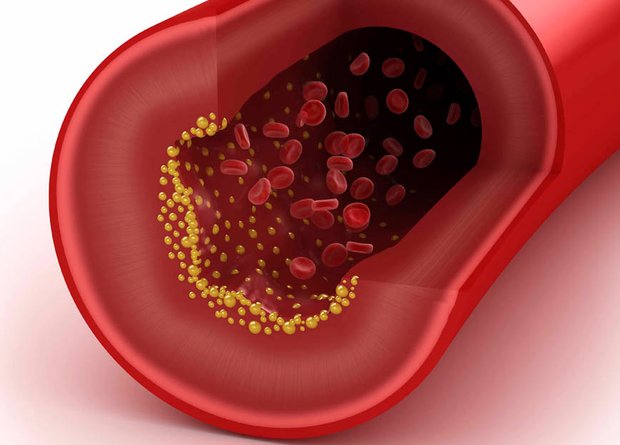DEPARTMENT OF CLINICAL BIOCHEMISTRY
Aalborg University Hospital
Thrombosis and Coagulation
Our research focuses on exploring clinical signatures and mechanisms of hypercoagulability in different groups of cancer patients in order to be able to predict which patients will develop venous thromboembolism (VTE), which is a major cause of morbidity and mortality among cancer patients. Ultimately, the aim is to improve diagnostics and prognostication of cancer patients.
Microparticles (MP) and exosomes are cell-derived vesicles present in most if not all body fluids. These vesicles play important roles in normal processes such as coagulation, inflammation, cellular homeostasis and survival, intercellular signaling, and transport of waste materials, an emerging field that has just started to be explored. In addition, there is strong evidence that MP’s are packed with information about disease and disease states. In fact, recent publications have reported that procoagulant MP’s (MP’s that are positive for Tissue factor (TF) and phospholipids) may be produced by cancer cells and the expression levels of TF may be related to its malignancy. For this reason, they are potentially useful diagnostic tools. Therefore, through a multi-factorial platform we aim to ascertain the pathological role of MPs in various diseases, including small lung cancinoma, atrial fibrillation, Alzheimer and multiple myeloma.
Research area
- The Procoagulant State in Patients with Multiple Myeloma and Monoclonal Gammopathy of Undetermined Significance (MGUS)
- Evaluation of predictive biomarkers for venous thromboembolism in small cell lung carcinoma patients
- Atrial fibrillation and hemostatic changes: Is it a hypercoagulable state?
- Plasma-Derived Extracellular Vesicles (EVs): Prognostic Biomarkers Associated with Vascular Dementia and Alzheimer
Recent publications:
Location:
Hobrovej and Sdr. Skovvej,
DK-9000 Aalborg


